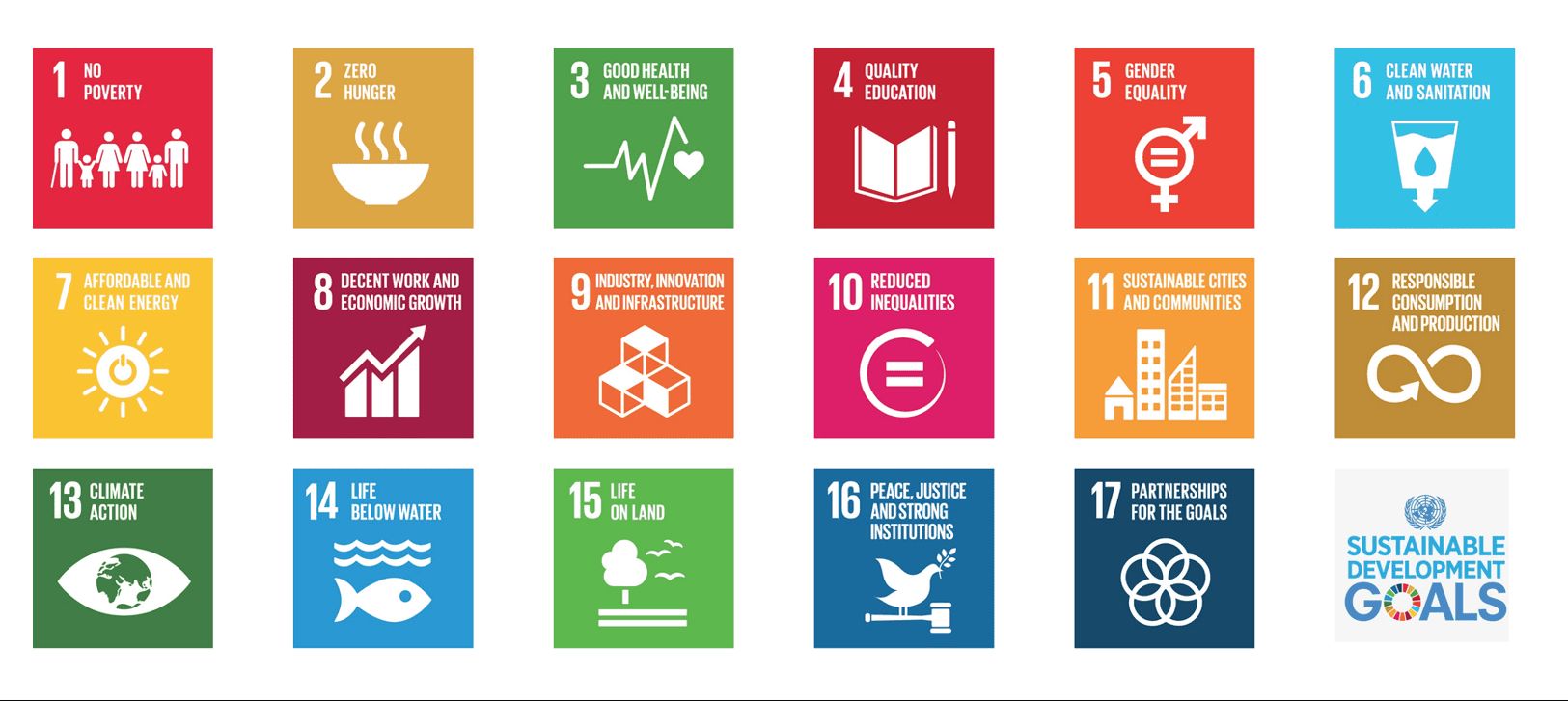WHAT IS SUSTAINABILITY?
Sustainability is often defined as:
“Development that meets the needs of the present without compromising the ability of future generations to meet their own needs”
According to the Bruntland Report for the World Commission on Environment and Development (1992). It asks us to think about our affect on the planet and how we can help decrease our negative impact. You don’t need to be an eco-warrior, small acts are just as important!
Sustainability is an incredibly broad term and although environmental sustainability is perhaps the most well known area, it also encompasses social and financial issues as well. A way to understand this is by looking at the Three Pillars of Sustainability graph below.

Education for Sustainable Development
Education for Sustainable Development is the educational application of this. It looks at how places such as schools, colleges and universities can equip their students live in a sustainable way even after they graduate. It is defined as:
“Education for Sustainable Development (ESD) allows every human being to acquire the knowledge, skills, attitudes and values necessary to shape a sustainable future. Education for Sustainable Development means including key sustainable development issues into teaching and learning; for example, climate change, disaster risk reduction, biodiversity, poverty reduction, and sustainable consumption. It also requires participatory teaching and learning methods that motivate and empower learners to change their behaviour and take action for sustainable development. ESD consequently promotes competencies like critical thinking, imagining future scenarios and making decisions in a collaborative way. ESD requires far-reaching changes in the way education is often practiced today.” UNESCO 2014.
Educational institutions are encouraged more and more to embed sustainability into their curriculum and use methods that empower students to learn more about these issues in a way that fits within their course structure and aims.
United Nations Sustainable Development Goals
On September 25th 2015, countries adopted a set of goals to end poverty, protect the planet and ensure prosperity for all as part of a new sustainable development agenda. Each goal has specific targets to be achieved over the next 15 years.
For the goals to be reached, everyone needs to do their part: governments, the private sector, civil society and people like you.
